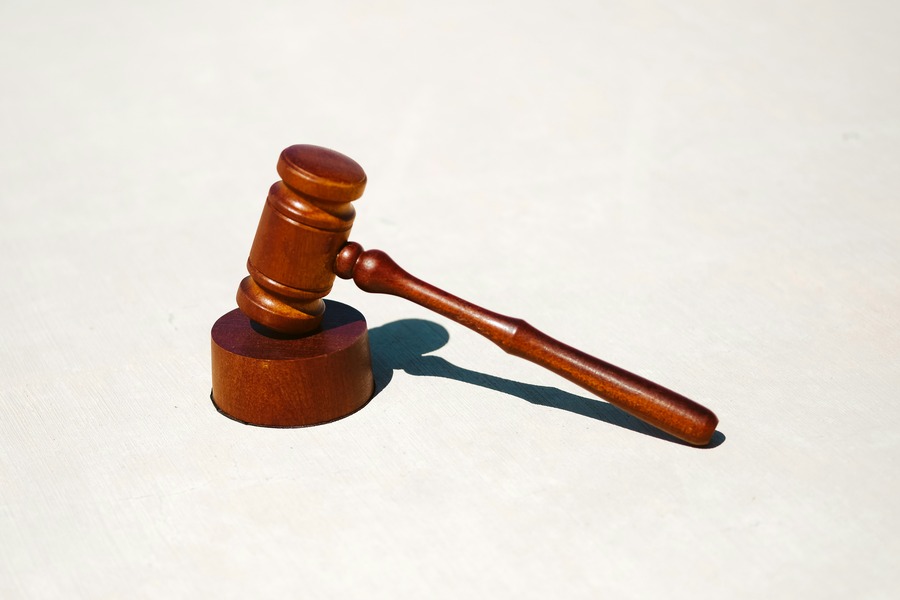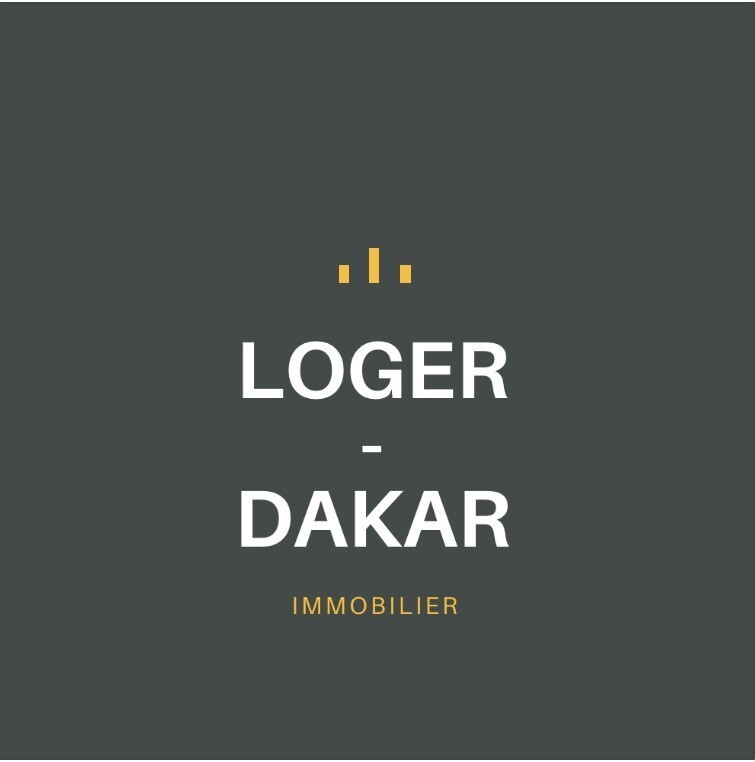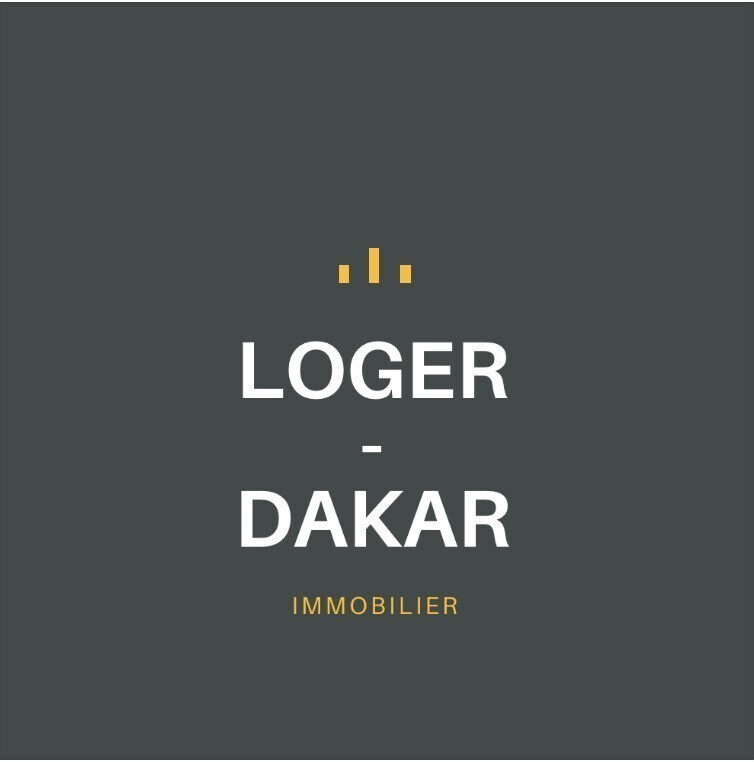Contents:
Introduction: Why understand Senegal's real estate laws?

In a country where land disputes account for almost 40% of court cases, understanding Senegal's real estate laws is not just a precaution, but an absolute necessity. Before committing your savings to the purchase of a plot of land or a house, mastering Senegal's real estate legal framework will protect you from potentially devastating setbacks.
Senegal's land tenure system is particularly complex, the legacy of a tangle between modern law and customary practices. The multiplicity of property titles - land title, long lease, housing permit - and the intervention of various authorities (land registry, land conservation, local authorities) create a legal labyrinth that investors must know how to navigate.
This article will guide you through the essential aspects of this legislation: how to verify the authenticity of a land title, why a notary is essential, and what are the major legal risks to anticipate. A thorough understanding of these elements will be your best protection when acquiring real estate in Senegal.
Types of title deeds in Senegal
In Senegal, the security of a property depends essentially on the type of title that accompanies it. The Senegalese land tenure system recognizes several categories of title, offering varying levels of legal protection for owners.
Land title: the absolute guarantee
Land titles are the most secure form of real estate ownership in Senegal. Issued by the Land Registry, it confers on its holder an unassailable and definitive right of ownership. This official document, registered in the Livre Foncier, precisely delimits the property and unambiguously identifies its legal owner. Its major distinctive feature is its "purgative" character - it erases all unmentioned prior rights and becomes unassailable after a prescription period.
Other forms of property ownership
The emphyteutic lease is a common alternative to the title deed. It grants a long-term right of use (18 to 99 years) on land generally belonging to the State, but without transfer of ownership. Deliberations, on the other hand, are provisional allocations of land issued by communes, which can be transformed into land titles once they have been developed.
Customary occupation, still widespread in rural areas, is based on traditional rights recognized by local communities. Although the 1964 National Estate Act attempted to regulate these practices, they remain a source of legal uncertainty.
Informality: a major risk
According to official statistics, almost 45% of construction work in Senegal is carried out informally, without regular title. These precarious occupations, often embodied in simple "private deeds of sale", expose their holders to significant risks of eviction and litigation.
For any significant real estate investment in Senegal, legal experts recommend that you purchase a property with a valid title deed. This document is the only absolute guarantee against future claims, and ensures the seamless transferability of real estate assets.
See as well: article on land title verification.
The role of notaries and lawyers in real estate transactions
In the Senegalese real estate landscape, notaries and lawyers play a decisive role in securing transactions and protecting the interests of the parties involved. Their involvement, while representing an additional cost, is an insurance policy against potential legal unpleasantness later on.
The notary: central to real estate legal security
In Senegal, the notary is a public officer whose involvement is mandatory for all formal real estate transactions. His essential missions include :
- Drawing up deeds of sale (promises of sale, final sales contracts)
- Verifying the identity of the parties and their legal capacity
- Checking the legality of title deeds and the absence of mortgages
- Settlement and payment of transaction-related taxes (registration fees, land registration tax)
- Registering the transfer with the Land Registry Office
In this way, the notary guarantees the legal validity of the transaction, giving the deed greater probative value. The notary's professional liability may be incurred in the event of a breach of his obligations to advise and verify.
The lawyer: a strategic resource in certain situations
While notaries are essential for formalizing transactions, lawyers specializing in real estate law are mainly involved in specific contexts:
- Resolving existing land disputes
- Negotiating and drafting complex real estate contracts
- Legal advice on sophisticated real estate packages
- Representation before the courts in the event of litigation
Financial considerations
Notary fees are regulated and generally represent between 2% and 5% of the declared value of the property. This amount includes the deed fees, the notary's emoluments and the various taxes payable to the State. Lawyers' fees, on the other hand, are freely determined, and can be calculated on a flat-rate basis or on the basis of time spent, depending on the complexity of the case.
Practical recommendations
To maximize the security of your real estate investment in Senegal :
- Choose a recognized notary who is a member of the Chambre des Notaires du Sénégal.
- Check references and real estate experience
- Don't hesitate to ask for several consultations before making a commitment.
- Demand full transparency on costs and fees
- Consult a specialist lawyer in addition to your notary for high-risk or exceptionally valuable transactions
Investing in professional legal support represents a small fraction of the overall acquisition cost, but is an invaluable safeguard against the risks inherent in the Senegalese real estate market.
See as well : article on the unilateral promise to sell.
Steps to secure a property purchase
Acquiring real estate in Senegal requires a rigorous, sequenced methodology to guarantee the legal security of the investment. Each stage of the process is subject to precise requirements that must be scrupulously respected.
The chronological stages of a secure real estate purchase
Preliminary phase: prospecting and identification
The first step is to identify a property corresponding to your criteria, either by direct search or via a professional intermediary (accredited real estate agency). This phase should be accompanied by a brief check of the property's situation: exact location, apparent condition, immediate surroundings and accessibility.
Documentary verification phase
Once the property has been identified, a thorough investigation is required before any financial commitment is made:
- Request a copy of the property title (ideally a land title)
- Check the authenticity of the document with the Land Registry Office
- Obtain a statement of real rights, revealing the existence of any mortgages or other encumbrances
- Consult the cadastral plan to confirm the exact boundaries of the lot
- Request a certificate of non-litigation from the relevant Tribunal de Grande Instance (Regional Court)
This crucial step can be entrusted to a notary, who has the necessary skills and access to carry out these checks efficiently.
Preliminary contractual phase
The signing of a promesse de vente (preliminary sales agreement) marks the mutual commitment of the parties. This document must specify :
- Full identity of the parties
- Precise description of the property (cadastral references, surface area, components)
- The agreed price and payment terms
- Conditions precedent (obtaining financing, absence of easements)
- The deadline for signing the final deed of sale
A deposit (usually 10% of the total price) usually accompanies this promise.
Final acquisition phase
The deed of sale, which must be drawn up by a notary, finalizes the transaction. This solemn document officially transfers ownership, and must be registered with the tax authorities and published in the Land Registry to be enforceable against third parties.
The role of administrative authorities
The Direction des Impôts et Domaines (DGID) is involved in :
- Collect registration fees (approximately 10% of the declared value)
- Validate property transfers
- Update tax records
As for the Land Registry, it's in charge:
- Precise delimitation of parcels
- Drawing up official plans
- Assigning unique cadastral references
The Land Registry guarantees the publication of real estate rights by :
- Maintaining the Land Register
- Issuing copies of titles and certificates
- Recording transfers and charges on securities
Efficient coordination with these various authorities, generally orchestrated by the notary, is the key to a legally secure acquisition in Senegal.
See as well: the article on title verification.
Legal risks and how to avoid them
The Senegalese real estate market, while promising, is fraught with legal pitfalls that need to be identified in order to avoid them. Being aware of these risks is an essential protection for any investor, whether national or foreign.
Recurring issues in real estate transactions
- Multi-sale of land: One of the most frequent disputes concerns land sold simultaneously to several buyers. This phenomenon stems from the absence of systematic land registration and the persistence of informal practices. Unscrupulous sellers take advantage of this opacity to sell the same property several times, generating complex and costly legal disputes.
- Uncertainty over property titles: Many transactions are carried out on the basis of precarious documents: certificates of provisional allocation, unregistered private deeds, or municipal resolutions that have not been converted into definitive titles. These situations considerably weaken the rights of purchasers in the face of any subsequent claims.
- Non-professional intermediaries: The use of informal brokers ("coxeurs") rather than licensed professionals multiplies the risk of fraudulent transactions. These intermediaries, who have no professional liability, may facilitate transactions involving disputed goods or goods belonging to the public domain.
Case study: Mr. Diop's difficult journey
Mr Diop, a Senegalese executive living abroad, decides to buy a plot of land on the outskirts of Dakar. Seduced by an attractive price, he paid a substantial deposit to the seller on the basis of a simple private deed, without prior verification.
Three months later, while he was taking steps to build, a third party presented himself with a land title for the same plot. Investigation revealed that the original seller only held a provisional allocation certificate, never consolidated into a definitive title. In the meantime, the land had been regularized by a third party holding prior rights.
Faced with this impasse, Mr. Diop consulted a notary who, after thorough investigation, discovered an irregularity in the procedure for awarding the land title to the third party. Notarial mediation eventually led to a settlement, but at the cost of a substantial financial surcharge and a two-year delay in Mr. Diop's real estate project.
Essential preventive measures
To avoid such mishaps, a few basic precautions are essential:
- Systematically demand proper title to the land
- Check the authenticity of all documents with official authorities (land registry, cadastre)
- Refuse to make large payments without a notarized contract
- Request a certificate of non-litigation from the competent court
- Only use the services of approved professional intermediaries
- Include stronger eviction warranty clauses in contracts
- Partial retention of the price by the notary until effective publication of the transfer
Investing in these preventive measures represents a tiny fraction of the overall acquisition cost, but is invaluable insurance against the risks of eviction and disputes that could compromise your real estate project in Senegal for a long time to come.
Conclusion:
In conclusion, buying real estate in Senegal, while potentially lucrative, is complex and risky due to the prevalence of land disputes and informal practices. Understanding real estate laws, rigorously verifying title deeds (with preference given to the land title), and the mandatory involvement of a notary are crucial to securing your investment. You are also strongly advised to call on the services of a specialist lawyer in certain situations, and to scrupulously follow the steps involved in a secure purchase to avoid potential pitfalls and disputes. Caution, diligence and professional legal advice are therefore essential for a successful real estate investment in Senegal.

